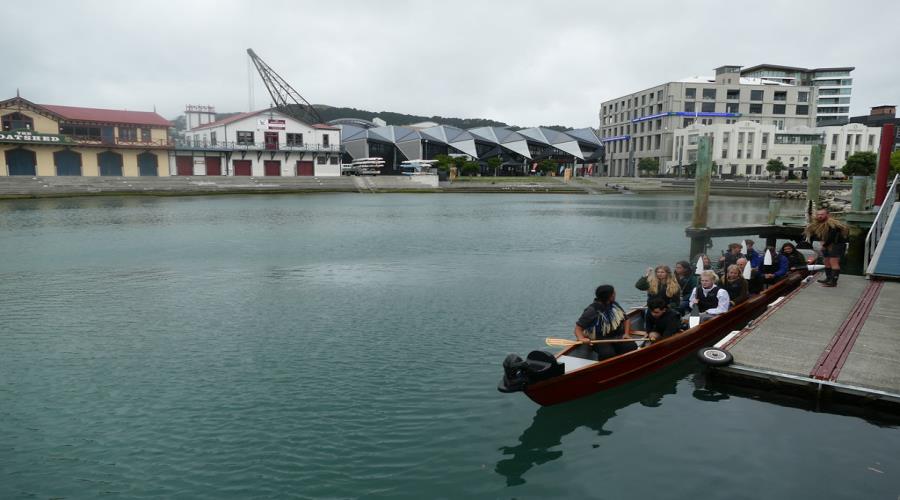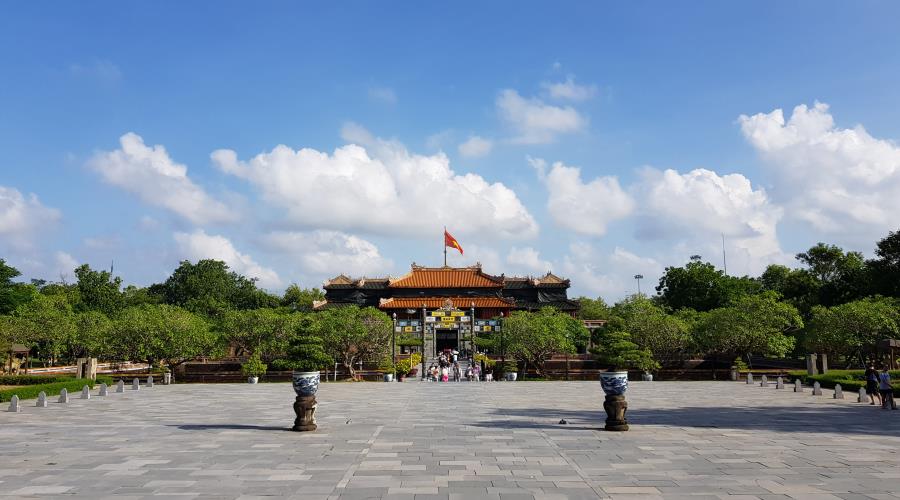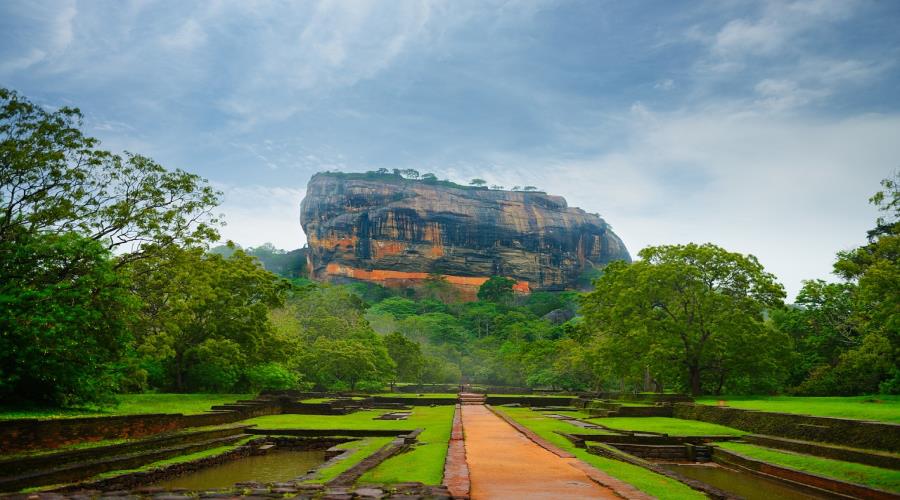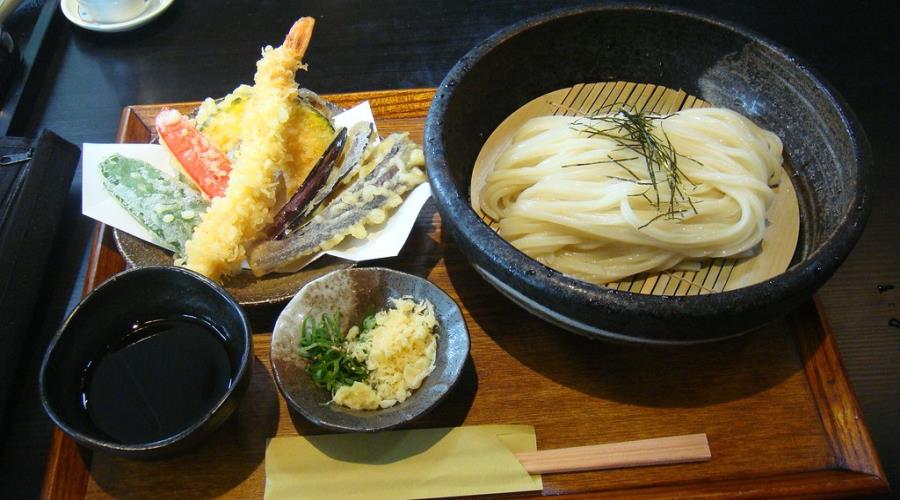- 1. What is cultural travel?
- 2. Importance of cultural experiences while traveling
- 3. Types of cultural activities to explore
- 4. Benefits of immersing in local culture
- 5. Tips for experiencing culture authentically
- 6. Impact of cultural travel on personal growth
- 7. Embracing diverse cultures through travel
- Conclusion:
Embark on a journey that transcends mere sightseeing and delves deep into the heart and soul of a destination. Cultural travel, an enriching tapestry woven with history, traditions, and human connections, offers a gateway to understanding the world in all its vibrant diversity. Beyond ticking off tourist attractions, this immersive experience invites you to walk in the footsteps of locals, savor authentic flavors, and immerse yourself in age-old rituals that breathe life into every corner of the globe. It’s not just about collecting passport stamps; it’s about collecting stories that will stay etched in your memory long after you return home. Join us as we set out on a quest to unravel the kaleidoscope of cultures waiting to be explored through the lens of cultural travel.
1. What is cultural travel?
Cultural travel is not just about visiting famous landmarks or trying local cuisine, it’s about immersing yourself in the traditions, customs, and way of life of a particular place. It involves exploring the art, music, history, and language of a region to gain a deeper understanding of its people and their heritage. By engaging with locals and participating in cultural activities such as festivals or workshops, travelers can forge meaningful connections and appreciate the nuances that make each destination unique.
One of the key benefits of cultural travel is its ability to challenge preconceived notions and broaden perspectives. Experiencing different ways of living can help break down stereotypes and promote empathy towards other cultures. It also allows travelers to see the world through a new lens, fostering personal growth and self-discovery. In today’s globalized world, cultural travel plays a crucial role in promoting cross-cultural understanding and building bridges between diverse communities. Embracing cultural diversity through travel can inspire mutual respect and appreciation for our shared humanity.
Ultimately, cultural travel is not just about checking items off a bucket list; it’s about creating lasting memories and meaningful connections that transcend borders. Whether you’re wandering through ancient temples in Asia or exploring vibrant street art in South America, every journey has the potential to transform your perspective on the world. So next time you plan a trip, consider delving into the heart of a destination’s culture – you may be surprised by how much you learn about both others and yourself along the way.
2. Importance of cultural experiences while traveling
Immersing oneself in cultural experiences while traveling can open doors to a world of understanding and appreciation. Beyond the typical tourist attractions, delving into local customs, traditions, and values can offer profound insights into the fabric of a society. By engaging with different cultures, travelers not only broaden their perspectives but also develop empathy and respect for others’ ways of life.
Cultural travel allows individuals to break free from stereotypes and gain a deeper understanding of the complexities that shape a community. Whether it’s savoring local cuisine or participating in traditional ceremonies, these experiences offer more than just photo opportunities – they provide an opportunity to connect with people on a personal level. By stepping out of one’s comfort zone and embracing new customs, travelers can foster meaningful connections that go beyond language barriers.
The importance of cultural experiences lies in their ability to challenge preconceived notions and expand one’s worldview. Through these encounters, travelers have the chance to learn about themselves as much as they learn about others. Ultimately, cultural travel is not just about ticking off destinations on a map but about immersing oneself in the richness of human diversity.
3. Types of cultural activities to explore
One of the most enriching cultural activities to explore while traveling is attending traditional festivals and events. These celebrations offer a unique glimpse into the local customs, beliefs, and artistic expressions of a community. From colorful parades to intricate performances, experiencing these festivities can provide a deep understanding of a culture’s history and values.
Another fascinating cultural activity to engage in is participating in cooking classes or food tours. Food plays a significant role in shaping a society’s identity, and by learning how to prepare traditional dishes or tasting local delicacies, travelers can connect with the culinary heritage of a destination. Exploring markets, trying street food, and sharing meals with locals can create memorable experiences that highlight the importance of gastronomy in preserving cultural traditions.
Exploring historical sites and museums is an essential cultural activity that offers valuable insights into the art, architecture, and storytelling techniques prevalent in different societies throughout history. By visiting these sites, travelers can appreciate the craftsmanship behind ancient artifacts, understand the socio-political context of various artworks, and learn about pivotal moments that have shaped human civilization. Connecting with the past through these immersive experiences allows individuals to develop a deeper appreciation for diverse cultures around the world.
4. Benefits of immersing in local culture
Immersing in local culture while traveling offers a unique and enriching experience that goes beyond typical tourist activities. By connecting with the traditions, customs, and people of a destination, travelers can gain valuable insights into the history and way of life of a particular place. This cultural exchange fosters understanding and appreciation for diverse perspectives, breaking down barriers and promoting cross-cultural communication.
Engaging with local culture allows travelers to step outside their comfort zone and challenge preconceived notions or stereotypes they may hold. It provides an opportunity for personal growth by pushing individuals to adapt to new environments, languages, cuisines, and social norms. Through participation in cultural events, rituals, or daily routines alongside locals, travelers can develop empathy and respect for differences while fostering a sense of belonging within a community foreign to them.
Moreover, immersing in local culture opens doors to authentic experiences that are not easily accessible through mainstream tourism. Whether it’s learning traditional crafts from artisans or participating in religious ceremonies, these immersive encounters create lasting memories and foster a deeper connection to the places visited. Embracing diversity through cultural travel not only broadens horizons but also promotes sustainable tourism practices that support local economies and preserve intangible heritage for future generations.
5. Tips for experiencing culture authentically
When immersing yourself in a new culture, try to go beyond the popular tourist attractions and delve into the everyday lives of the locals. Visit local markets, attend community events, or take cooking classes to truly experience the authentic flavors and traditions of a place. By engaging with locals on a personal level, you’ll gain a deeper understanding of their way of life and forge meaningful connections.
Another tip for experiencing culture authentically is to embrace spontaneity and step out of your comfort zone. Allow yourself to wander off the beaten path, strike up conversations with strangers, or participate in activities that might initially seem unfamiliar. This sense of openness and curiosity will lead to unexpected encounters and experiences that can enrich your cultural journey in profound ways.
Lastly, don’t be afraid to challenge your preconceptions and stereotypes about a particular culture. Approach each interaction with an open mind and heart, ready to learn and unlearn as you navigate through different customs and beliefs. Remember that true cultural immersion involves not only observing from a distance but also actively participating in the traditions and practices of the community you are visiting.
6. Impact of cultural travel on personal growth
Experiencing diverse cultures through travel has the power to revolutionize our personal growth in profound ways. It pushes us out of our comfort zones, exposing us to unfamiliar customs, beliefs, and traditions that challenge our preconceived notions and broaden our perspectives. Through immersing ourselves in a new culture, we learn tolerance, empathy, and appreciation for differences, fostering a sense of interconnectedness with the world around us.
Cultural travel also encourages self-reflection as we compare and contrast different ways of life with our own. This introspection leads to a deeper understanding of our own identities and values, enabling us to question societal norms and reevaluate what truly matters to us. Moreover, encountering diverse cultures can inspire creativity and innovation by exposing us to new art forms, music styles, culinary delights, and architectural wonders that can profoundly influence our creative expressions and problem-solving skills.
7. Embracing diverse cultures through travel
Traveling allows us to step out of our comfort zones and immerse ourselves in diverse cultures around the world. It is a transformative experience that opens our minds to new perspectives, traditions, and beliefs. Embracing different cultures through travel not only enriches our own lives but also fosters understanding and acceptance among people from different backgrounds.
Experiencing local customs, trying authentic cuisines, and learning about unique traditions are just a few ways cultural travel can broaden our horizons. By engaging with diverse communities while traveling, we become more tolerant and empathetic individuals who appreciate the beauty in cultural differences. Embracing diverse cultures through travel helps break down barriers and promotes mutual respect for all human experiences and expressions across the globe.
Conclusion:
In conclusion, cultural travel offers a unique opportunity to immerse oneself in the rich tapestry of global diversity. By exploring different customs, traditions, and ways of life, travelers can gain a deeper understanding and appreciation for the world’s varied cultures. Through interaction with local communities and participation in cultural activities, one can form meaningful connections and foster mutual respect. Cultural travel not only broadens horizons but also promotes intercultural dialogue and empathy. Embrace the journey of cultural exploration and open your heart to the beauty of our interconnected world.




